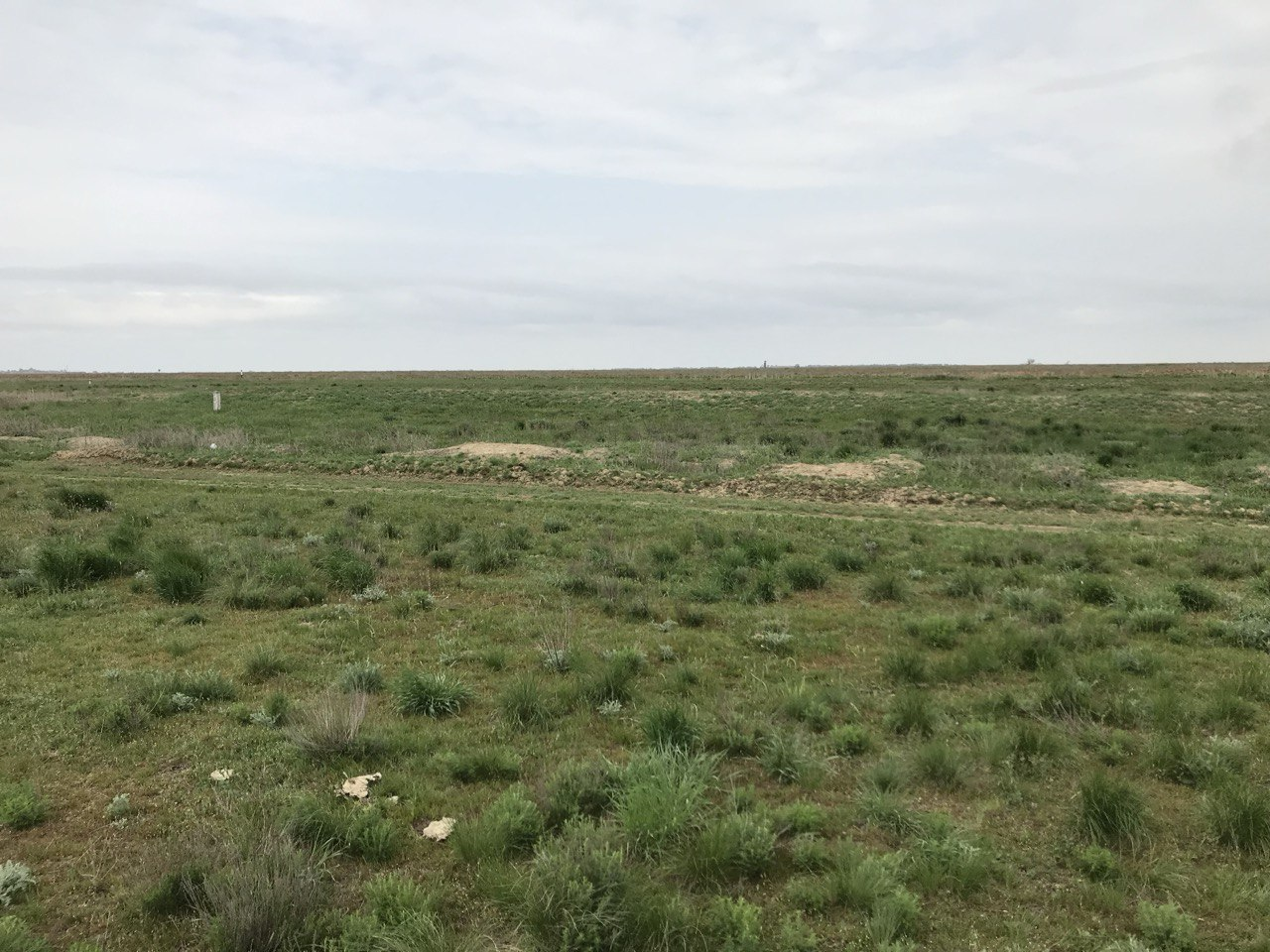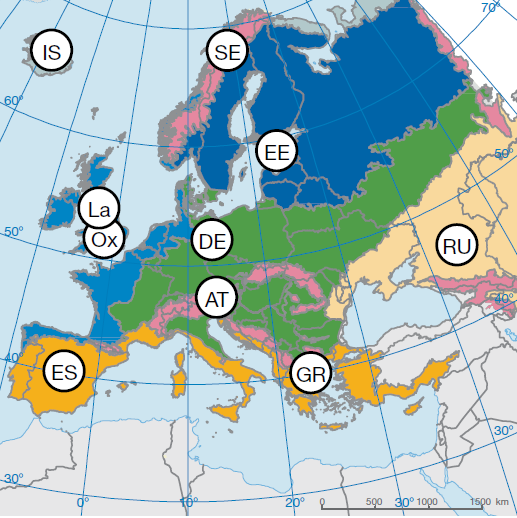
A new study published in the journal Nature has revealed how extreme weather events affect soil microorganisms, offering new insights into the risks associated with climate change. As extreme weather events such as acute heat, droughts, floods and frosts become more common due to global warming, understanding how soil microbes, which are crucial to the functioning of ecosystems, respond was the aim of the study. Microorganisms play a key role in natural processes such as the carbon cycle, which helps determine how much carbon is stored in the soil and how much is released into the atmosphere as carbon dioxide, a major driver of global warming. Researchers from the University of Manchester, working with a network of scientists across Europe, including colleagues from the Severtsov Institute of Ecology and Evolution RAS (IEE RAS), collected soil samples from 30 meadows in 10 countries. Each sampling site represents the diversity of biogeographic regions present in Europe: alpine (Austria), subarctic (Sweden), arctic (Iceland), Atlantic (Oxford and Lancaster, UK), boreal (Estonia), continental (Germany), Mediterranean (Spain and GR, Greece) and steppe climates (Russia). The study authors exposed the soil samples to simulated extreme weather events under controlled laboratory conditions to see how the microbes responded.
The team found that microbial communities in soils from different parts of Europe responded differently to the extreme events. For example, soils from cooler, wetter climates were particularly vulnerable to heatwaves and droughts, while soils from drier regions suffered more from flooding.

However, the scientists also found encouraging patterns and signs of predictability in the response. In particular, microbes can “pause” their activity and go into a dormant state — essentially waiting out difficult conditions — in all weather conditions.
One of the study’s authors, RAS Professor Konstantin Gongalsky, said: “Soil microorganisms are one of the main mechanisms for the functioning of soil ecosystems. Their ability to adapt or fight climate change directly affects soil health, plant growth, food production, and carbon storage. By understanding the “survival strategy” of microorganisms during extreme weather events, we can better predict and possibly mitigate future impacts of these events, giving us important knowledge for protecting vulnerable regions.”
The work was published in the journal Nature: Knight, C.G., Nicolitch, O., Griffiths, R.I., Goodall, T., Jones, B., Weser, C., Langridge, H., Davison, J., Dellavalle, A., Eisenhauer, N., Gongalsky, K.B., Hector, A., Jardine, E., Kardol, P., Maestre, F.T., Schädler, M., Semchenko, M., Stevens, C., Tsiafouli, M.A., Vilhelmsson, O., Wanek, W., De Vries, F.T., 2024. Soil microbiomes show consistent and predictable responses to extreme events // Nature. 2024. – V. 636. – P. 690–696.
